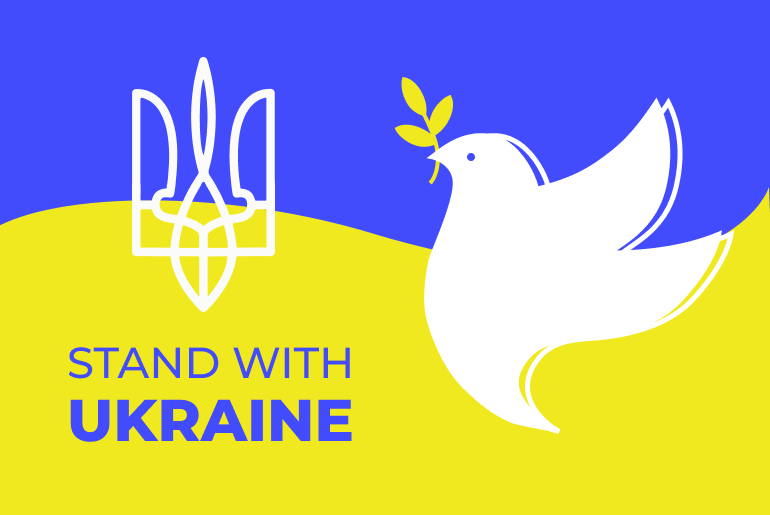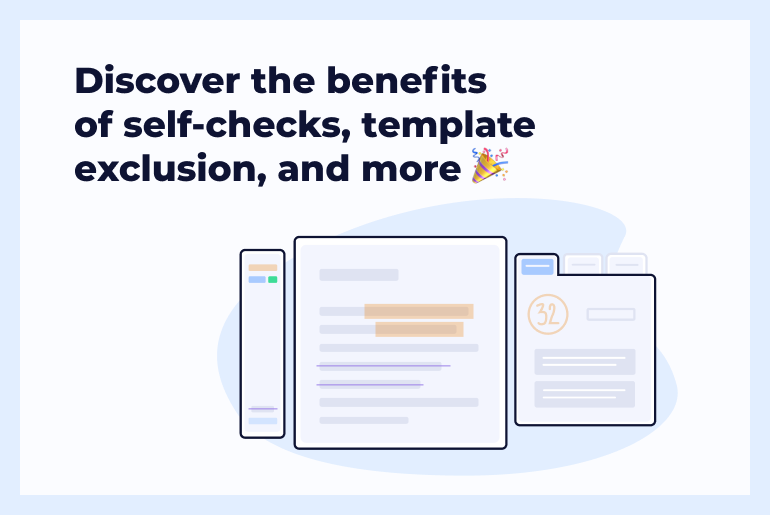When investigating new instances of academic misconduct, it’s pretty easy to get buried in the minor facts and lose track of a large-scale problem.
The problem usually happens to be on the surface and signals to the instructor or course designer that a particular course requires tweaks to deliver a more personalized experience.
We contacted a true advocate of academic integrity to learn how academic dishonesty cases are now being treated in the class and tactics that every institution can apply to motivate academic integrity growth.
Please meet Dr. Zeenath Reza Khan, Assistant Professor at the University of Wollongong in Dubai, an academic integrity and cyber ethics champion, and a skillful developer of student-centered learning.
Here are the highlights of our conversation.
Unicheck: You’ve been an ambassador for academic integrity for about 15 years now. What changes have you been observing globally as well as in higher ed?
Zeenath: Student cheating isn’t something new. Hundred years ago, academics would have pretty much voiced the same concerns that we currently face.
But two things are very different today. One is the technological advancements and innovations in all aspects of life, and particularly in the education sector. The second is the awareness of the existence of the issue followed by the openness of governments, teachers, parents, and institutions to admit and accept that there is a problem.
Even as far back as five years ago, I would have faced road-blocks along the way from teachers, to parents, managements, and governing bodies that there really isn’t an issue.
However, now the community is growing, stakeholders in most places are open to talking about issues, and discussing how to develop a culture of integrity in students, rather than turning a blind eye. This is helping a lot because the first step to solving any problem is always to accept that there is one. Because of this, there has been evolution and reevaluation of policies in institutions, detection and penalties, measures to support students’ academic writing, and students who have been found to have engaged in misconduct. This, for me, has been a major change in academia globally.
The global academic integrity community is growing, with some amazing researchers and academics who are working in their own areas and contributing to the literature for all of us to understand what is happening everywhere and how others are tackling some of the issues.
The community is a huge change; it has mushroomed to have many institutions and countries now seeing Academic Integrity Officers as positions within faculties, Offices of Academic Integrity, and even Centres and Forums formed across borders—all of whom are contributing to real changes everywhere. This is another major change I have seen in the last 15 years that is a vital support system for all of us who are passionate and working in this field.
Unicheck: How has e-cheating transformed? What digital tricks are gaining wider popularity?
Zeenath: This is an interesting question. As I mentioned previously, two things changed dramatically in the last few decades.
One of them is the technological advances and innovations. With the widespread use of technology, the way innovations are so ubiquitous in our daily lives, some forms of traditional misconduct have evolved.
For instance, students trying to copy during exams from hidden chits, friends, or another student’s paper is nothing new. Similarly, students have, in the past, asked friends, family, and essay mills to write assessments for them. Technological innovations have only replaced a paper chit with a Bluetooth device, a family, or essay mill with a dot com.
In fact, it is a common thought that technology must be making cheating more easy and more rampant.
But one of my studies showed that it neither has a positive or a negative impact on students’ likelihood to e-cheat. This comes down to how well the institution is ready, how assessments are designed, the kind of technology the institution might use to counter such issues, policies, detection standards and rates, penalties, and even parent and peer pressure.
Unicheck: Have you ever tackled academic dishonesty in the class? What actions have you taken? Were they a success?
Zeenath: Generally, I would run workshops built into the subject assessments that work like a refresher for students on academic writing skills and tips.
Furthermore, I focus on assessment design and student attitude, rather than on the acts themselves.
I have seen that this helps tremendously because students build a rapport based on trust and respect and, with the way the subject is delivered and assessment designed, don’t often feel the need to resort to misconduct.
Unicheck: Some say that to make teaching effective, an instructor needs to examine students’ interests and align teaching methods with students’ needs and goals. But how does it happen in real life? Oftentimes, you have a ready-to-go course and may not be able to customize it to meet students’ needs. How do you manage to personalize your teaching?
Zeenath: Well, as academics, we don’t get to choose the students who walk through our classroom doors. It is our responsibility to ensure our teaching is successful for all students in our classroom, that they are able to achieve the learning objectives of the course I am teaching—then I am a success.
However, it isn’t always that simple or easy. Different students learn in different manners—some may be more visual than others, and some may be more kinesthetic. Being able to create a personalized learning space for students is very important to ensuring we are facilitating student achievement of learning objectives of courses.
I have found that no matter how ready-made a course might seem, there are always ways to deliver the course by creating a playlist of activities, submission procedures, and engagement that students can choose from to interact with the course and you.
We are lucky. In the era of the fourth industrial revolution, we have umpteen number of technologies, websites, devices, and apps readily available to make our teaching more personalized for our students.
Unicheck: Speaking of e-cheating and contract cheating in particular, why do they remain under-reported even though a great many institutions have adopted plagiarism prevention software? What holds educators back?
Zeenath: I am not sure it is under-reported because of failure in part of institutions to adopt and implement means of curbing such behavior. Rather, we have to understand that the nature of certain misconduct makes it difficult to detect.
Furthermore, we are dependent on self-reporting, which, irrespective of how anonymized they may be, always have an element of “fear” attached and hence under-reported.
And yes, we would be naïve if we said academics report every case that comes across their desks. They do under-report it sometimes, but not always because of any malicious intent.
More often, academics may be administratively bogged down, and the reporting process may be very cumbersome; or, academics might have a perception that dealing with it by themselves makes it feel less severe and more fair because they know the students and the cases and so on. As I had mentioned previously, the second change I have seen over the years is a sharp increase in the level of awareness among academics that it is necessary to recognize there is a problem in order to combat it—and that the first steps to doing that may very well begin by reporting them using the proper channels.
Unicheck: Is there any proven way to get students to think critically and develop the habit of independent writing? What type of assignments can help educators get closer to these goals?
Zeenath: There is, unfortunately, no magic answer for this. We recognize there is a problem, and we attempt to design assessments and practice good assessment settings to help reduce temptations for students to engage in misconduct. However, it is important to understand we are not cops, and they are not robbers.
So, we should not think about ways to catch students in the act of cheating; rather, we should focus our efforts on developing cultures of integrity.
Academic writing is one way to do this. If we recognize that all students do not have the same capacity to process what is taught in the same manner and do not possess the same writing skills, then we can begin to structure academic writing skills for students with varying needs.
I am not an expert on academic writing, and hence can not comment further on this. Other ways are keeping an open dialogue with students on integrity and misconducts, raising awareness through regular infomercials targeted at students, support centres to identify students who may be struggling and then recommend support such as an intervention for them, and so on.
The key still remains—building a culture of integrity so students may not feel the need to commit a misconduct some day.





